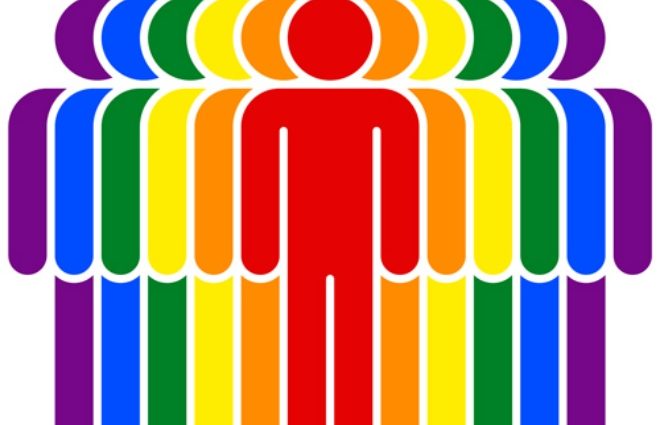“Access to financial structures in India largely remains heteronormative in nature, with little to no inclusivity or space for the LGBTQI+ community.”
Anish Gawande, curator and co-founder, Pinklist India, does not mince his words in explaining the grim conditions of financial literacy and rights amongst the LGBTQI+ community in India.
As per government’s own submission to the Supreme court in 2012, there are around 2.5 million gay people in India.
The LGBTQI+ community forms between 2-13% or 20-130 million of the total population, going by a 2012 report by public relations firm MSL.
However, despite these significant numbers, the government’s efforts towards their societal and financial inclusion remain far from satisfactory.
A long road ahead
Opening a joint bank account, getting a family health insurance, inheritance and wealth bequeathment provisions, securing address proof- processes that come by easily to a heterosexual married couple is a huge challenge to their homosexual counterparts.
Simple financial procedures like these can prove to be herculean task for same-sex couples. Since same-sex marriage does not stand legal validity in India, simple financial procedures like these can prove to be herculean for same-sex couples.
Just last week, two same-sex couples filed a petition in Delhi High Court, seeking permission to marry under the Special Marriage Act. The first petition was filed by Kavita Arora and Ankita Khanna, both mental health professionals who have been living together as a couple for the last 8 years. The second petition, filed by Vaibhav Jain and Parag Vijay Mehta, got married in the USA in 2017. However, under the Foreign Marriage Act, 1969, their marriage was not registered.
“Many LGBTQI+ community members are actually keen to contribute to economic development, given the economically sound status of a section of LGBTQI+ community. But they’re deprived of that chance just because of these restricting laws,” said Manavendra Singh Gohil, founder, Lakshya Trust and erstwhile royalty, Rajpipla.
Gohil also mentioned how same-sex couples could potentially have higher disposable incomes, given the fact that they do not live in traditional family units, and hence, do not have to bear expenses related to taking care of old parents, kids and more.
A study undertaken by economics professor Lee Badgett, University of Massachusetts, Amherst concluded that India was losing as much as 1.4% of its national output because of its discriminatory attitude towards the LGBTQI+ community. This roughly translates to losing around 26 billion dollars per year.
Trans Community worst affected
Ramakrishna Sinha, co-founder, Pride Circle says that the trans community is the worst hit. “Trans people find it extremely challenging to even open bank accounts, given the discrimination and complexities of gender transition. There is little chance of having a clean trail of paperwork in this case.
Gawande also reiterated the herculean challenges faced by the trans community and said such exclusions also automatically imply their inability to avail government subsidies and transfers. He pointed out the leaky government efforts in providing relief to the trans community during Covid-19, where only 600-700 members actually received relief, because most of the applications were rejected or not processed due to the absence of a bank account.
And while the private sector is opening up to same sex couples, there remain structural gaps within the government’s welfare disbursal structure for the LGBTQI+ community. Organisations like Pride Circle are working towards empowering organisations towards greater LGBTQI+ inclusions in the workplace, however, access to credit and capital for entrepreneurial ventures still remains a challenge for the community.

